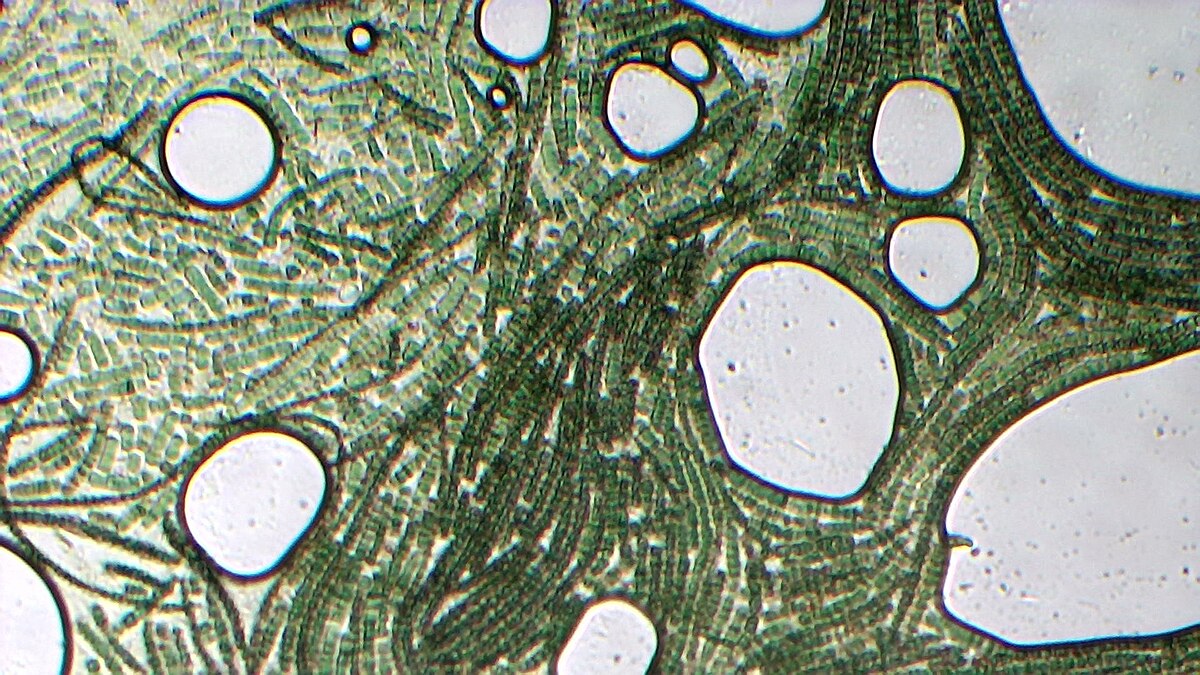The unprecedented food crisis, fueled by emerging armed conflicts, (post)COVID-19 living and production conditions, and climate breakdown, is a pressing problem for people all over the world. According to the Food Security Information Network’s Global Report on Food Crises (GRFC), 238 million people in 48 countries faced high levels of acute food insecurity as of mid-2023; and the World Food Programme (WFP) predicts that 345 million people will experience acute food insecurity in 2023.
This room is set to unite researchers, practioners, activists and everyone who might be interested in looking into the latest developments of food production, farming, agriculture and the correlations between food, economy and technological development.
The background for seeting this room if the Open-Source Food project, launched in New York in the 2000s as an exploration of urban collective agriculture of the 21st century.


One of the recent solutions to the food crisis that researchers, practitioners and activists are looking into is fermentation-derived food. Throughout the centuries, traditional fermentation has played an important role in preserving foods, enhancing their nutritional value, and improving their sensory qualities. Microorganisms, through their enzymatic pathways, have been key players in this process, transforming diverse foodstuffs including dairy, fruits, vegetables, other plant material, fish, and meats into new foods.
In the 20th century and beyond, driven by waves of food and resources crises, traditional fermentation gave rise to another type of fermentation – biomass fermentation. Here, edible microorganisms such as yeasts, bacteria, filamentous fungi, or algae serve as alternatives to conventional agricultural products. These microorganisms yield biomass rich in essential nutrients, notably protein, giving rise to what is known as Single Cell Protein (SCP). Check-out the related materila for further reading!








